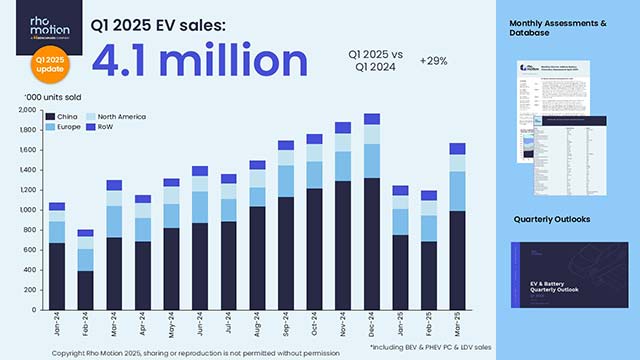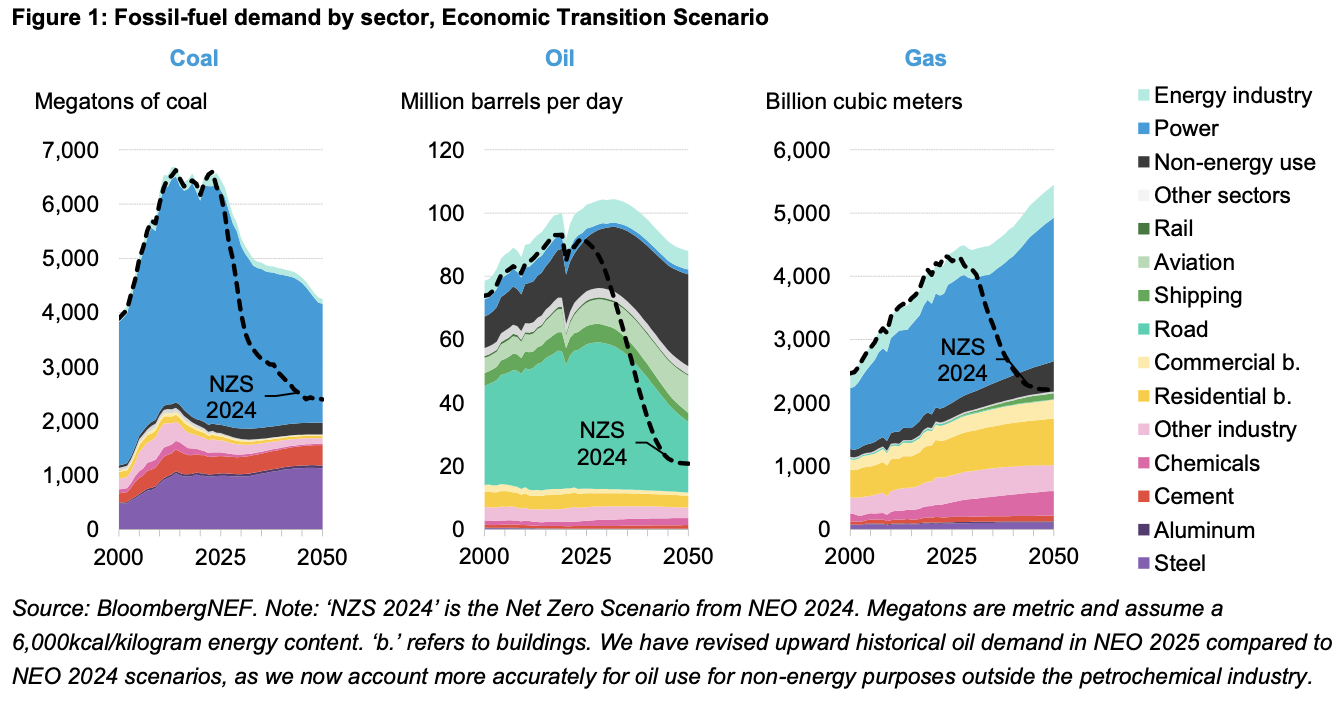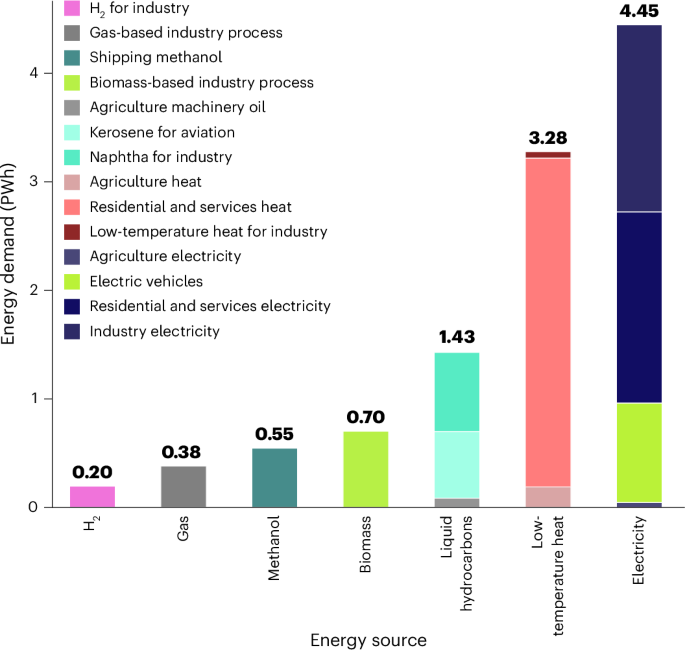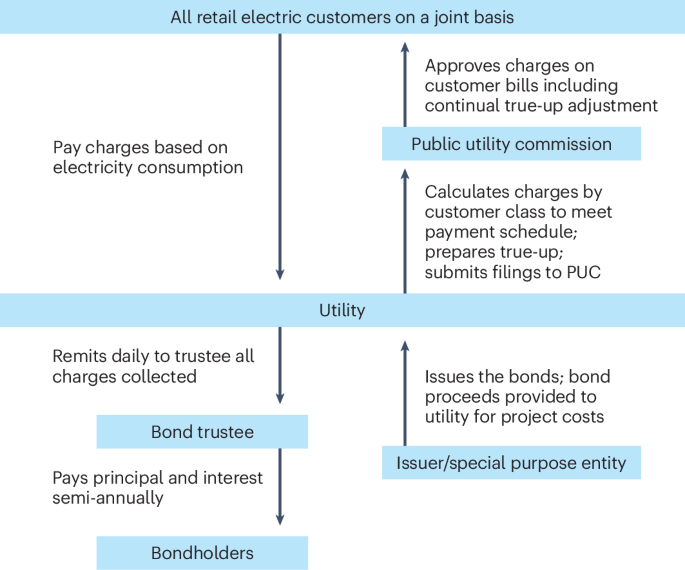Building The Future: Retirement Plans For Entrepreneurs & Business Owners
Maria Vainer, Head of Investments, J.P. Morgan Wealth Management, reveals retirement plans for entrepreneurs and business owners. The post Building The Future: Retirement Plans For Entrepreneurs & Business Owners appeared first on Haute Living.
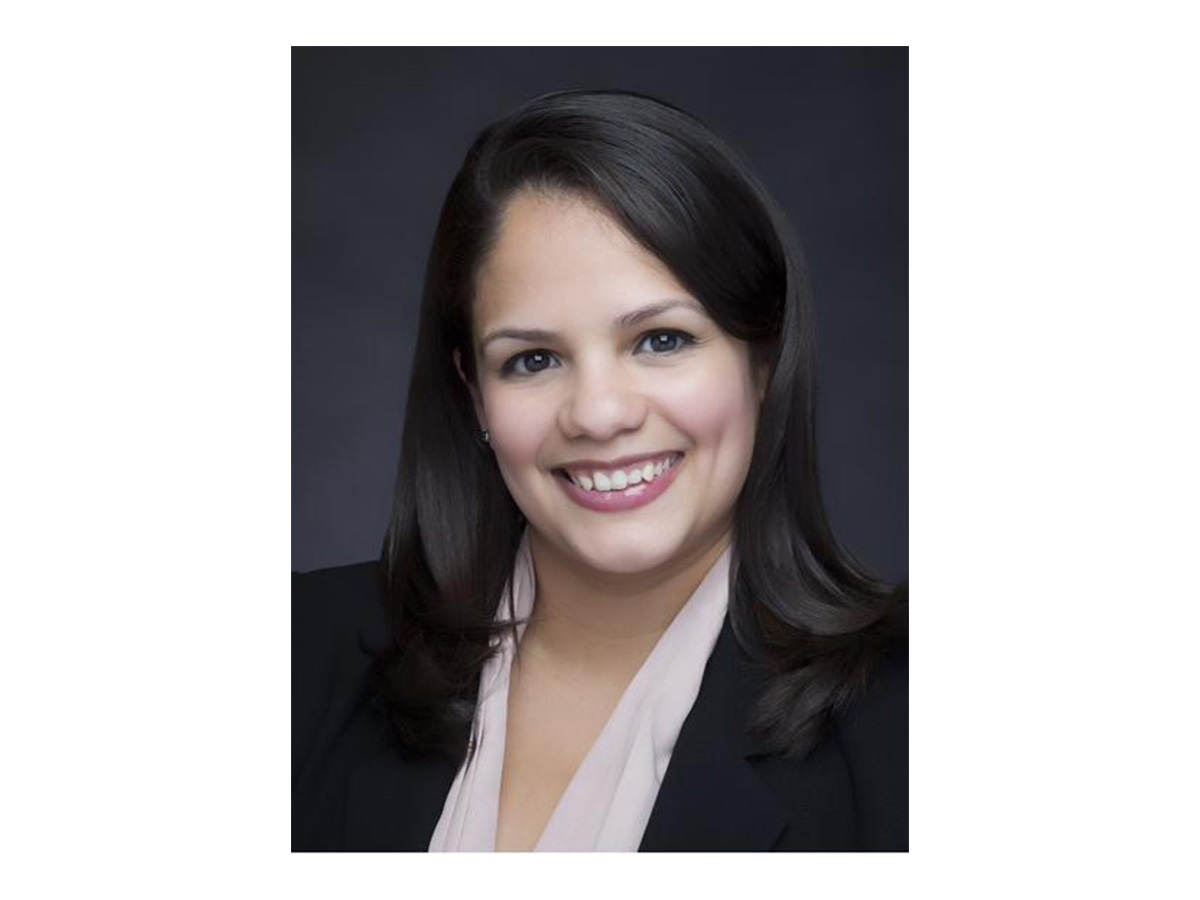
MARIA VAINER: Many entrepreneurs are laser-focused on establishing and growing their business, and this can lead to their own personal finances falling to the wayside. But this shouldn’t be the case. Just like they spend time focusing on their business’ finances, entrepreneurs should spend time thinking about their personal finances, including their spending, saving and investing. Entrepreneurs typically decide on business goals with financial performance in mind. They should do the same for themselves by setting personal goals aligned with their personal finances, both for the short-term and long-term. This will help them create a financial plan that lays out how financial decisions they make today can help them reach their goals tomorrow, such as retiring by a certain age, going on a big vacation, or sending a child to college.
Entrepreneurs also don’t have the convenience of an employer-sponsored retirement plan that’s already set up where they can automatically contribute a portion of their paycheck. But this isn’t always a bad thing. By running their own business, entrepreneurs can have flexibility in deciding the type of retirement savings plan they want to establish for themselves and potentially their employees. Options may include establishing a SEP IRA, a 401(K) or even a pension plan. As a business owner, they also might be able to put more pre-tax money towards their retirement without being limited to the employee salary deferral contribution limits on a traditional 401(k).
We’ve also seen entrepreneurs view their business as a major component of their retirement plan. This perception can be risky. They might assume they’ll sell their business at a certain valuation in the future, but not meet that goal, or face business risks they didn’t anticipate. Diversification is important in investing, and it should be an important consideration for your retirement planning, too.
HL: Many entrepreneurs pour their energy and resources into their businesses, often seeing it as their legacy. How do you advise business owners to separate their personal retirement planning from the success or valuation of their company?
MV: As with most things in life, long-term planning is about maintaining balance and making smart tradeoffs. It’s understandable to be hyper-focused on starting, maintaining or growing a business, but by also putting some attention towards their own retirement and goals, entrepreneurs can help ensure a lifestyle in retirement that’s comfortable for them, regardless of their business. A financial advisor can help entrepreneurs plan for their retirement and other goals by creating a personalized plan and giving them recommendations that are right for the entrepreneur’s personal situation. A financial advisor can offer an unbiased perspective and help you take the emotion out of some financial decisions.
HL: What retirement considerations should an entrepreneur have at different stages of life? E.g., in their 20s, 30s, etc. up to right before and after retirement?
MV: Like with retirement planning for people who are not entrepreneurs, time is a key component. By starting to invest for retirement early, you can benefit from the potential growth from compounding. Consistency is also key. We often suggest that people automate their contributions to retirement accounts so they can “set it and forget it.” This helps take the guesswork out of when and how much to contribute. However, you should still revisit your plan and recurring contributions. If you’re suddenly earning more money or your expenses have decreased, you can consider contributing more towards your retirement. Also, if an entrepreneur hasn’t started planning for retirement or feels they need to catch up, they may have the ability to contribute more than someone with a traditional employer-sponsored retirement account.
HL: If a business owner has a team of employees, how should they be thinking about providing a retirement savings program for their employees?
MV: Many companies are fighting for talent and introducing perks, like offering a retirement plan, can be a compelling way to attract and retain top employee talent. A company’s retirement plan and matching is often a factor when deciding whether to accept a job. If you do offer a retirement plan to your employees, there are ways to help them get the most from it. Some employers automatically enroll their employees. This is a way to help employees save for retirement without needing to take steps on their own. Many businesses also match employee contributions, which is a good way to support your employees’ financial well-being.
HL: What are common retirement planning mistakes you see from business owners?
MV: As I mentioned earlier, entrepreneurs often assume their business will be their retirement plan, whether that’s after selling it or still playing a part in the business after a family member takes it over. However, we often see business owners struggle with their succession plan. Sometimes the entrepreneur can struggle to find another buyer or an adult child or other family member may not want to take over the business. These circumstances can put an entrepreneur’s retirement plan and other personal goals at risk and is why considering a diversified plan for their retirement is so important.
HL: How should an entrepreneur think about diversifying their financial future when their time, money, and identity are so deeply tied to their business?
MV: This is where a financial advisor can help. Entrepreneurs are busy. A financial advisor can help handle the entrepreneur’s financial planning and investing to help them stay on track towards their personal goals. Entrepreneurs are professionals in their business and their chosen industry. They don’t need to be a personal finance or investing professional, too. They can leave this part to their financial advisor, like our J.P. Morgan Wealth Management advisors, who have focused their careers on helping people plan and work towards their personal and financial goals. Many financial advisors have extensive experience advising business owners and entrepreneurs, so it’s important to find one with this specialty who you’re comfortable with. Working with a financial advisor can help you devote more time and energy to your business, and can provide you with unbiased, personalized recommendations.
Diversification and asset allocation does not ensure a profit or protect against loss.
J.P. Morgan Wealth Management is a business of JPMorgan Chase & Co., which offers investment products and services through J.P. Morgan Securities LLC (JPMS), a registered broker-dealer and investment adviser, member FINRA and SIPC. Insurance products are made available through Chase Insurance Agency, Inc. (CIA), a licensed insurance agency, doing business as Chase Insurance Agency Services, Inc. in Florida. Certain custody and other services are provided by JPMorgan Chase Bank, N.A. (JPMCB). JPMS, CIA and JPMCB are affiliated companies under the common control of JPMorgan Chase & Co. Products not available in all states.
The post Building The Future: Retirement Plans For Entrepreneurs & Business Owners appeared first on Haute Living.
































